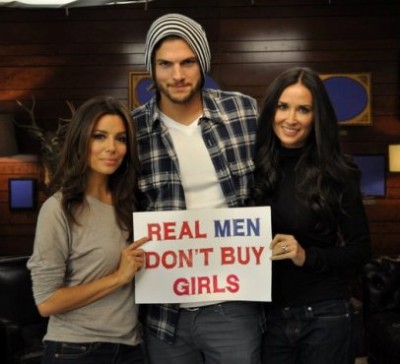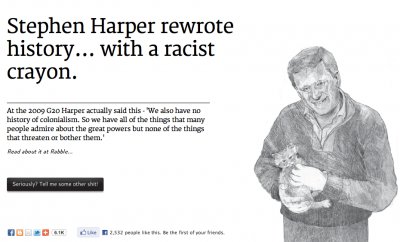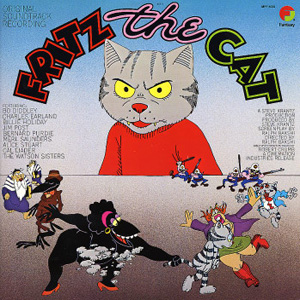A new Pew study on teens and social media highlights a social media “civility gap” between teens and adults online. While 85% of adults find that people are “mostly nice” on social networking site, only 69% of teens say the same.

What’s interesting is that the social media phenomenon has been so explosive that there hasn’t been a generation that has moved from “teen social media” to “adult social media.” Facebook’s rise to prominence has happened in three years. It would be interesting to know whether social networking sites contribute to “nice” or “mean” interactions through their architecture (for instance, Facebook’s insistence on not having a “hate” button, only a “like” button). Or is it simply the fact that teen life is in many ways inherently overtly “meaner” than adult life whose “meanness” is more subtle?


















